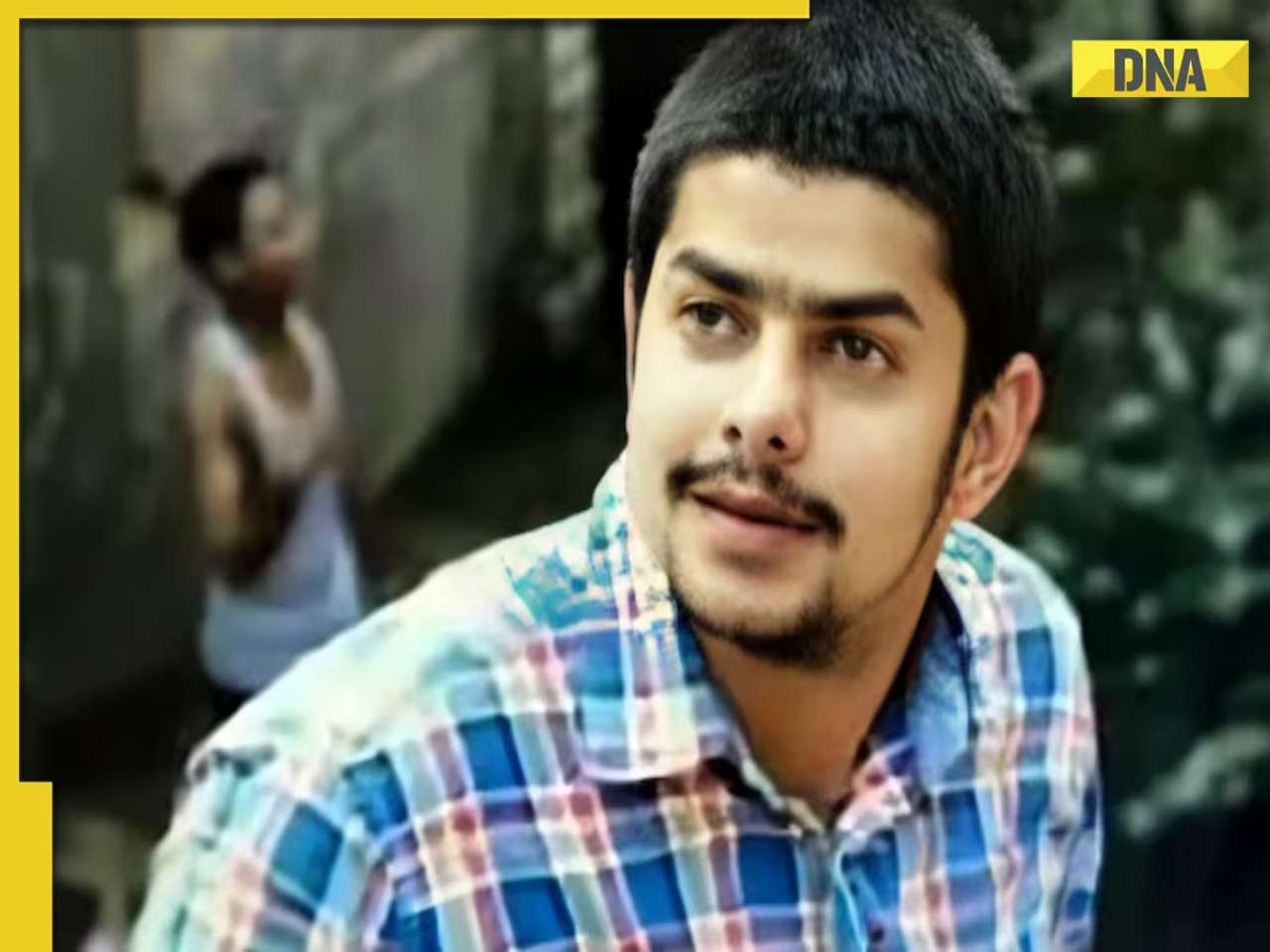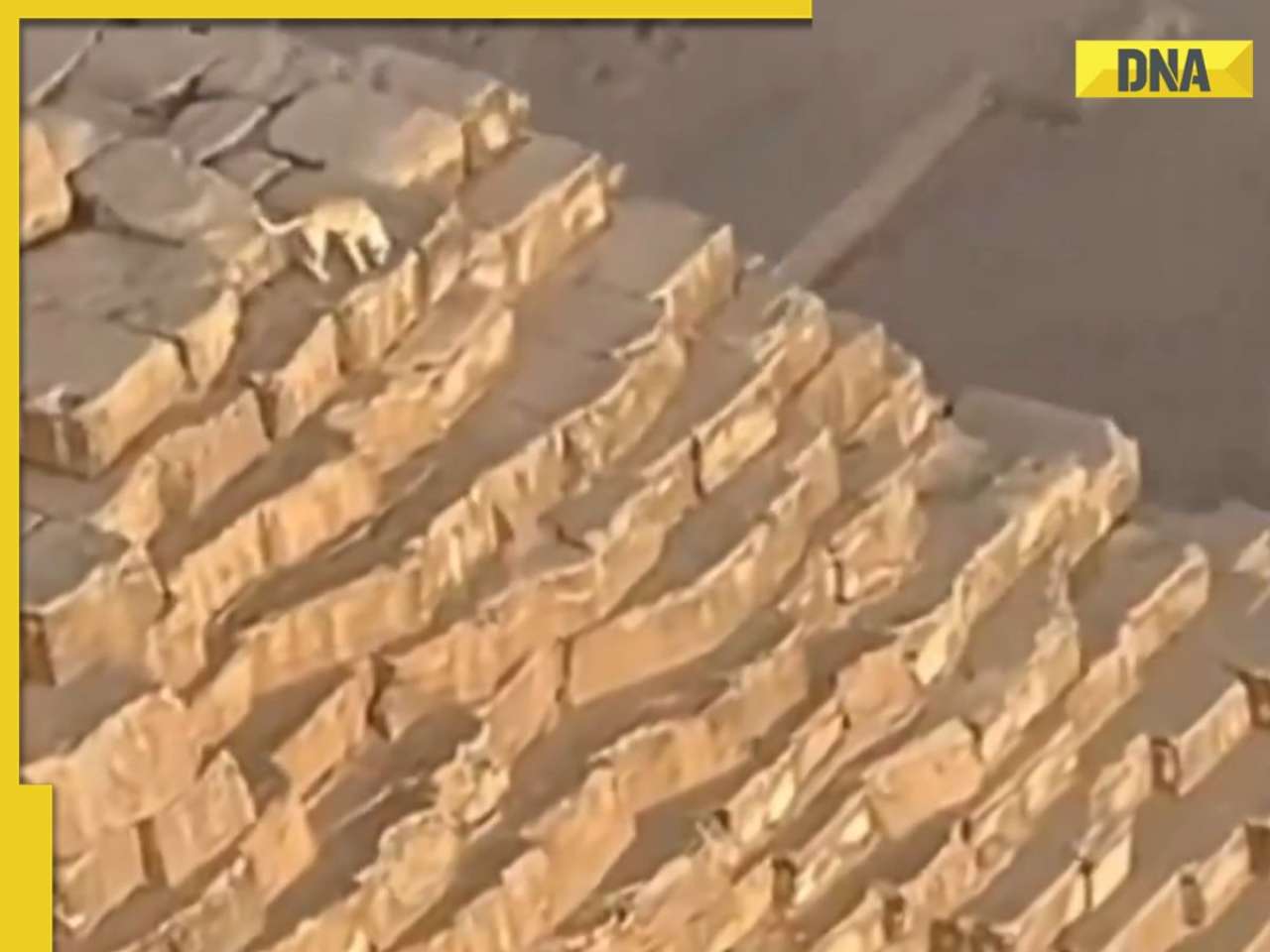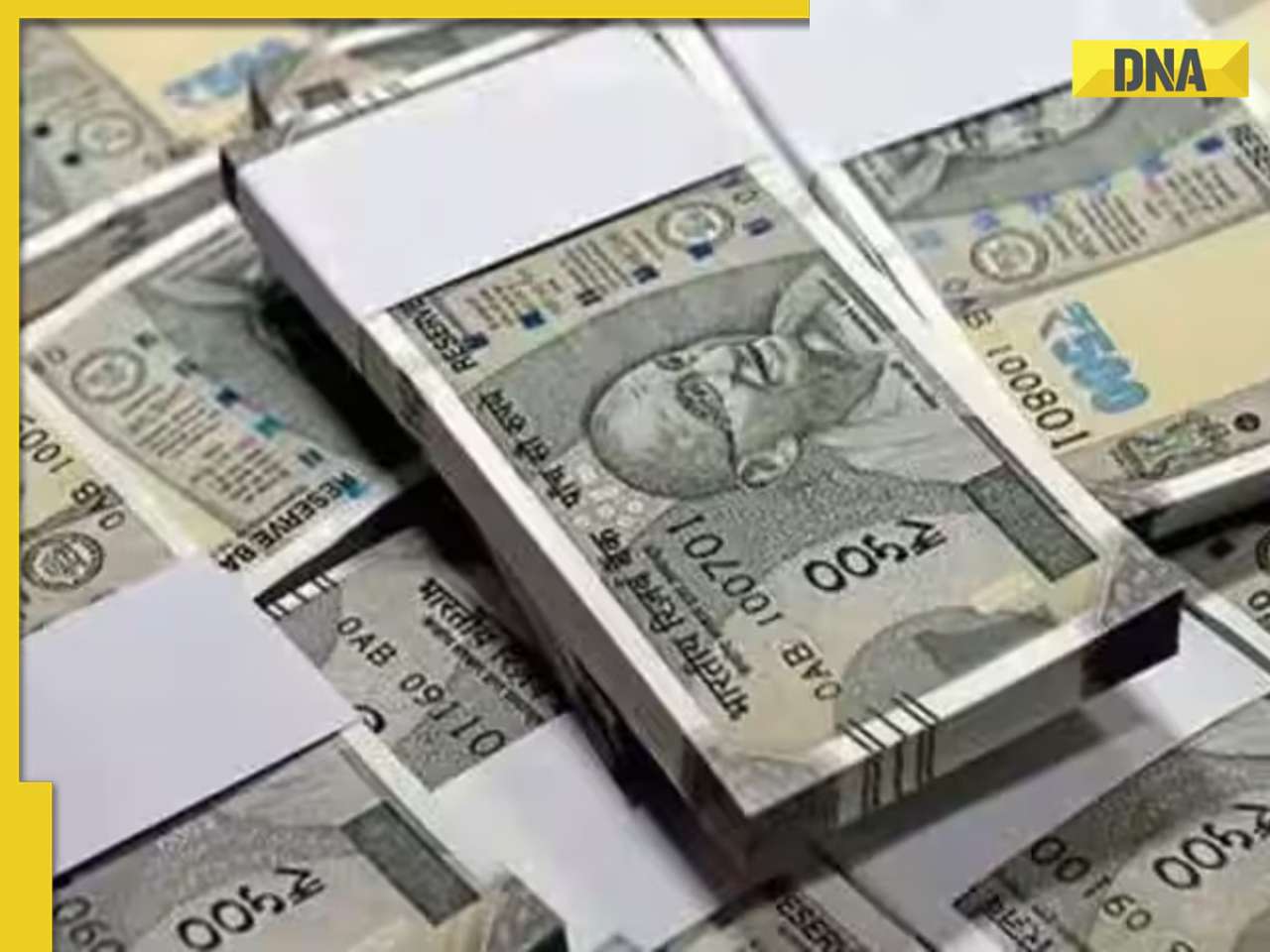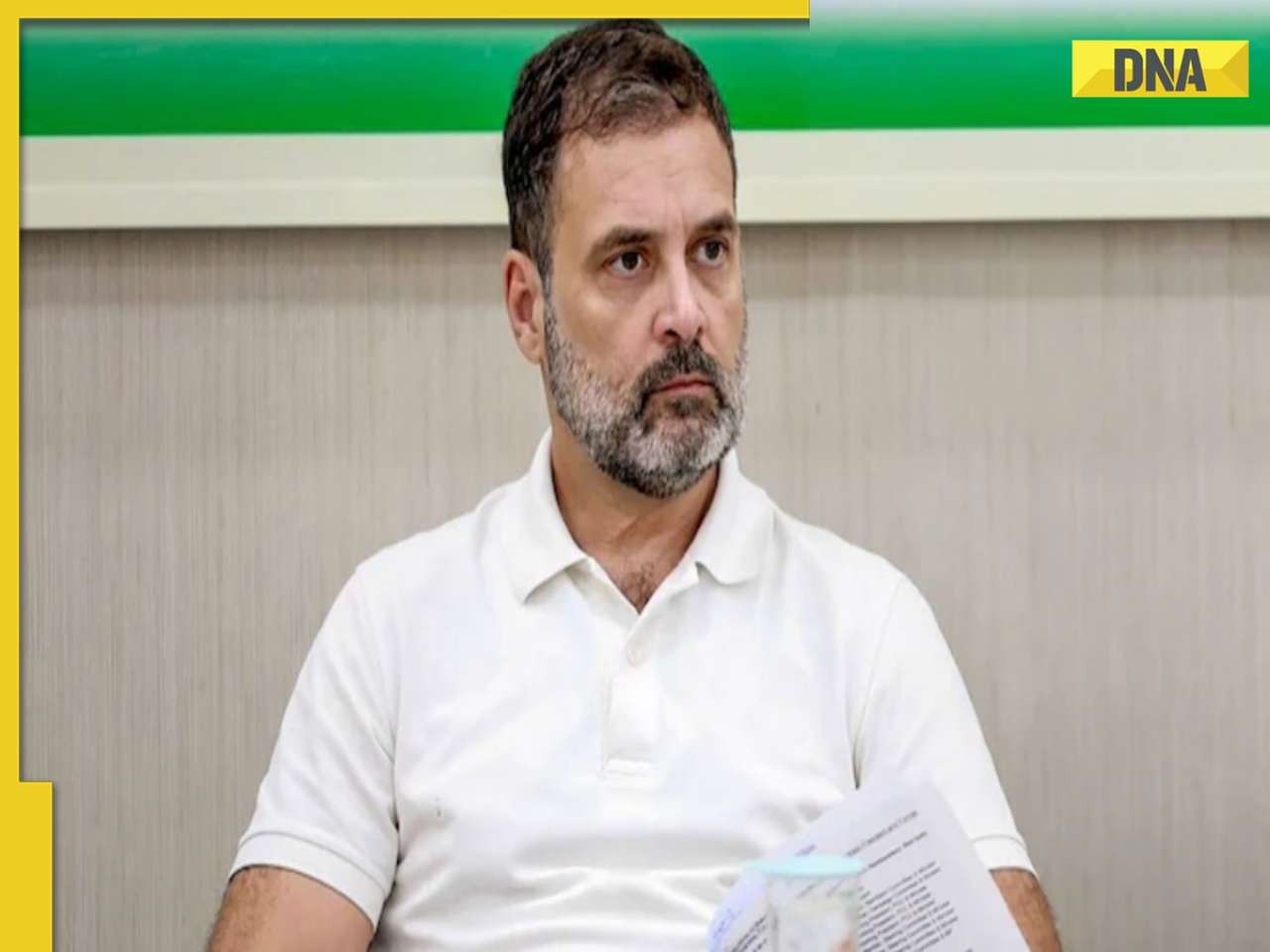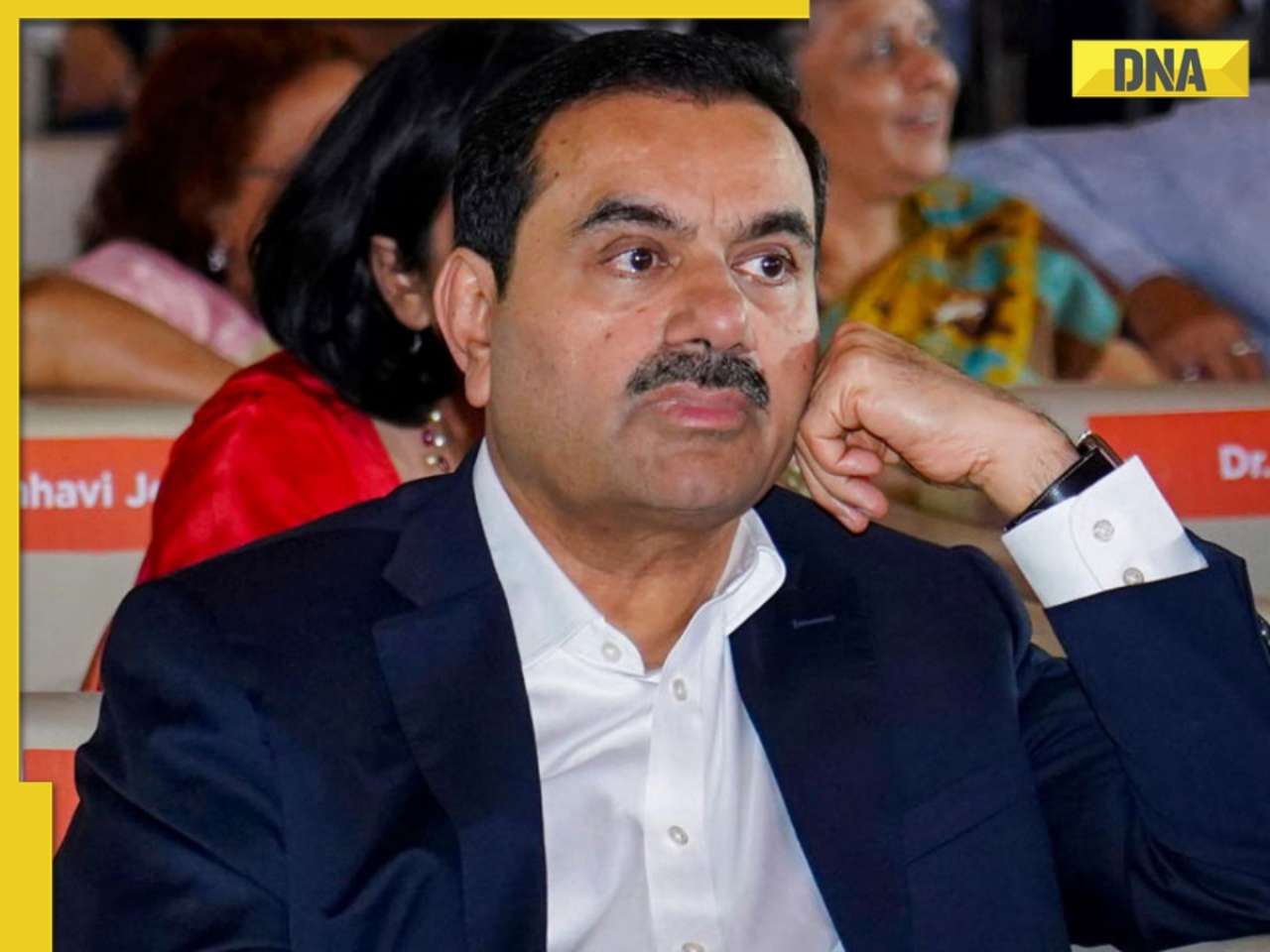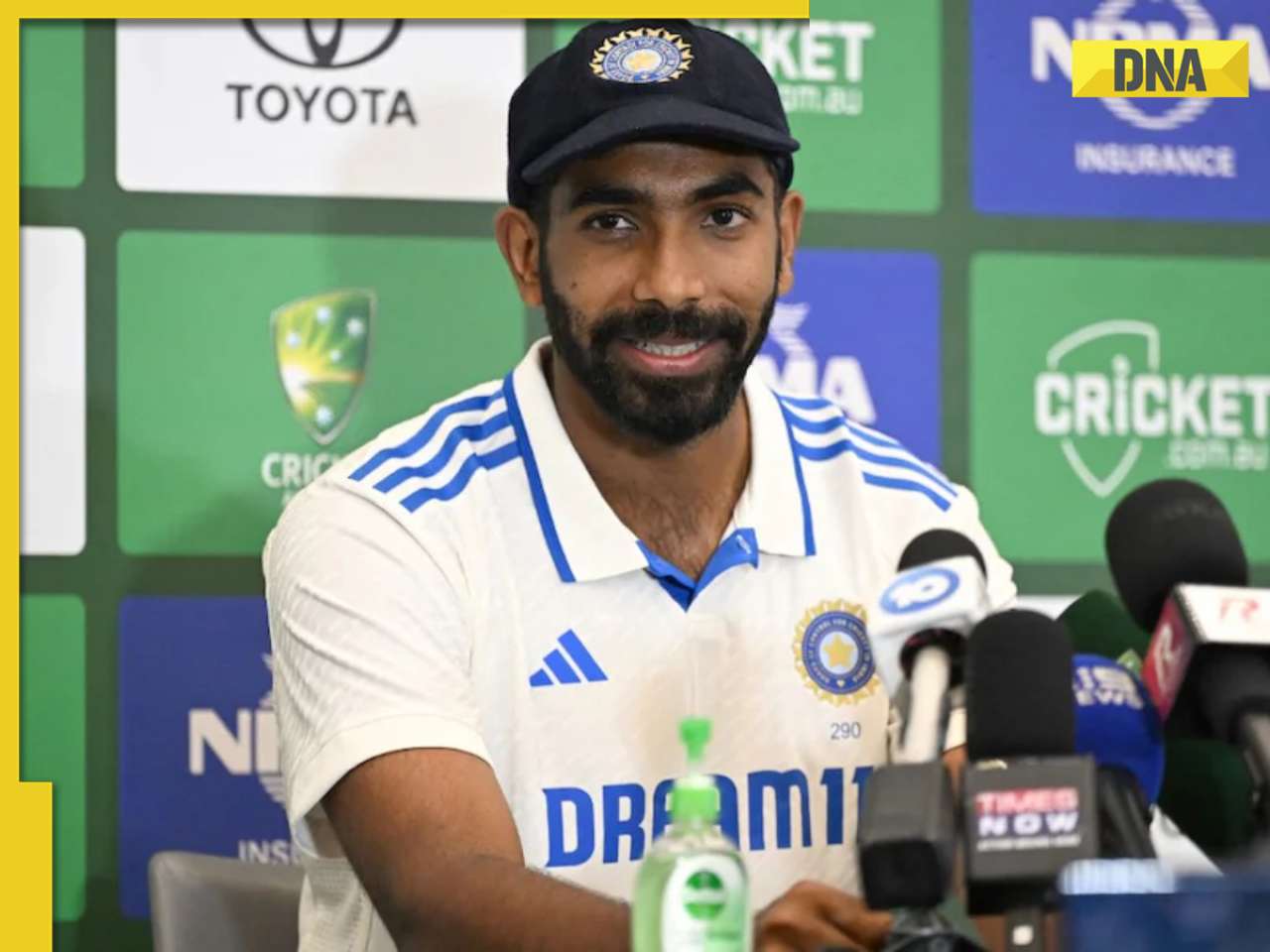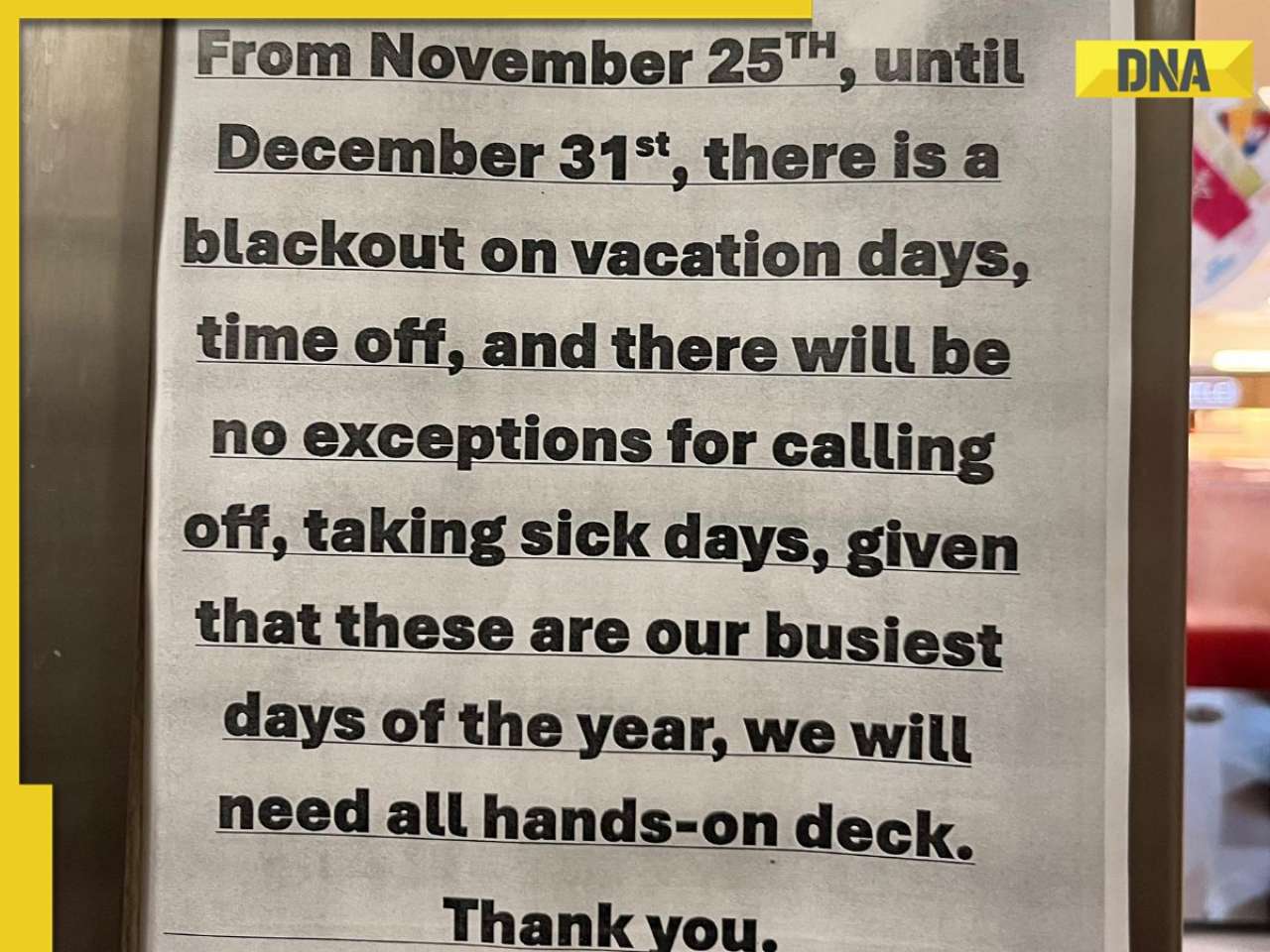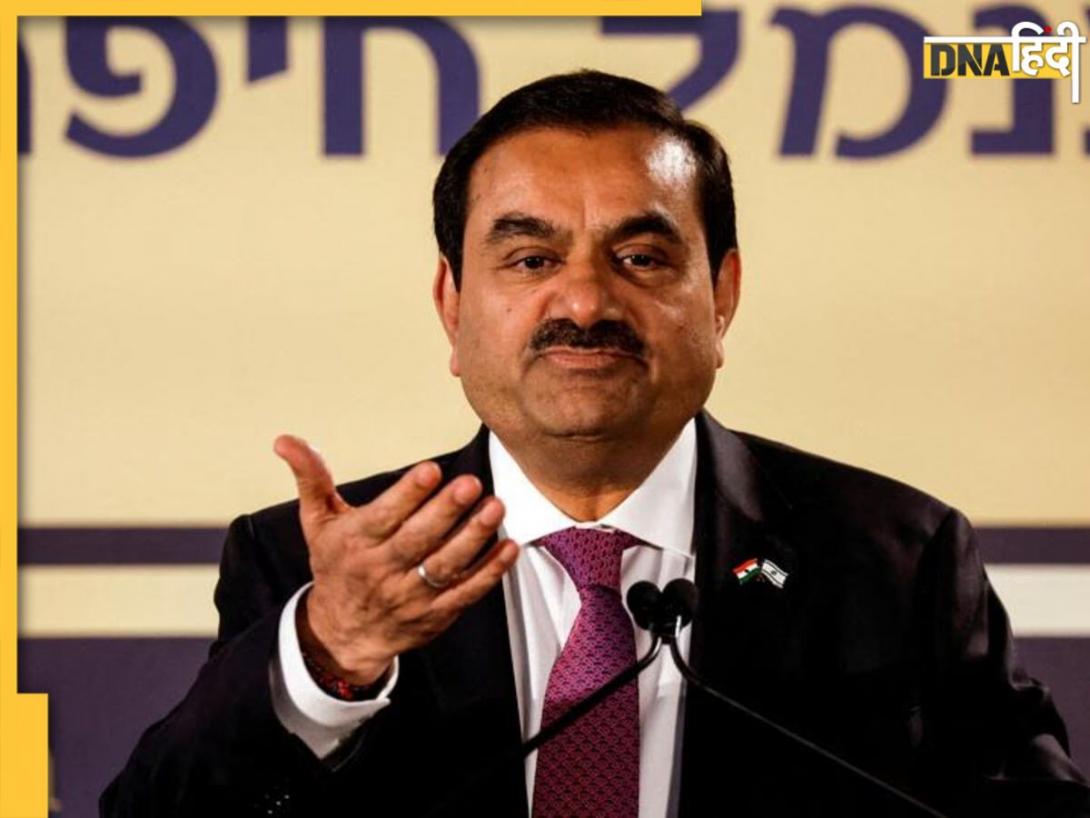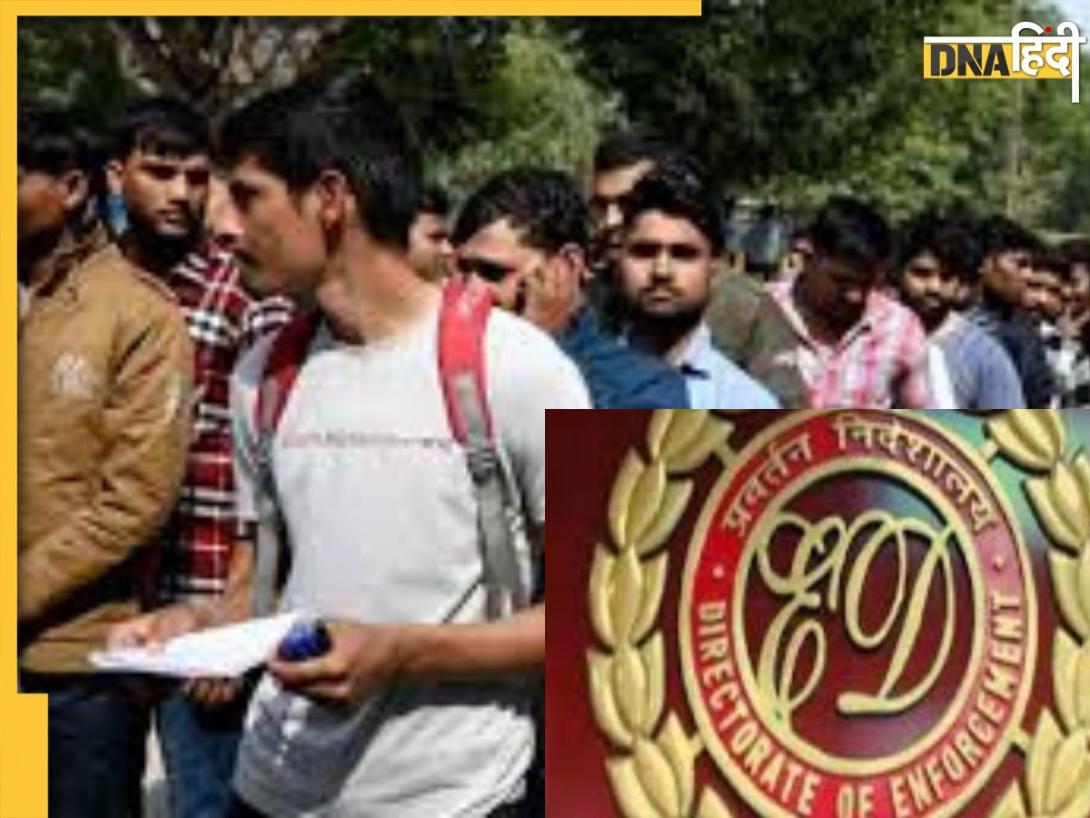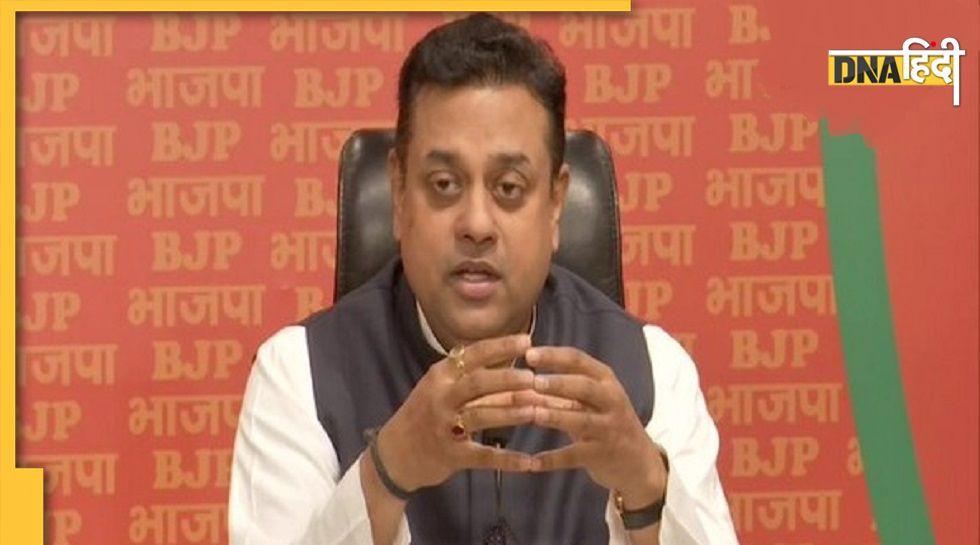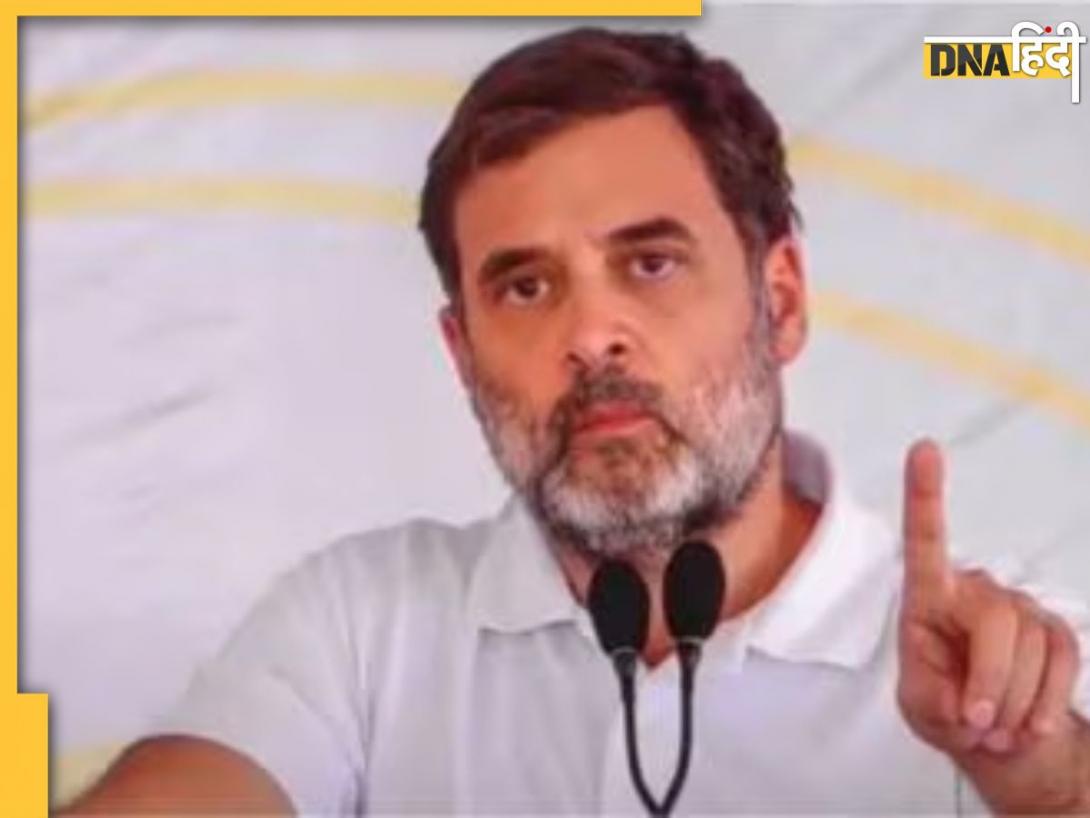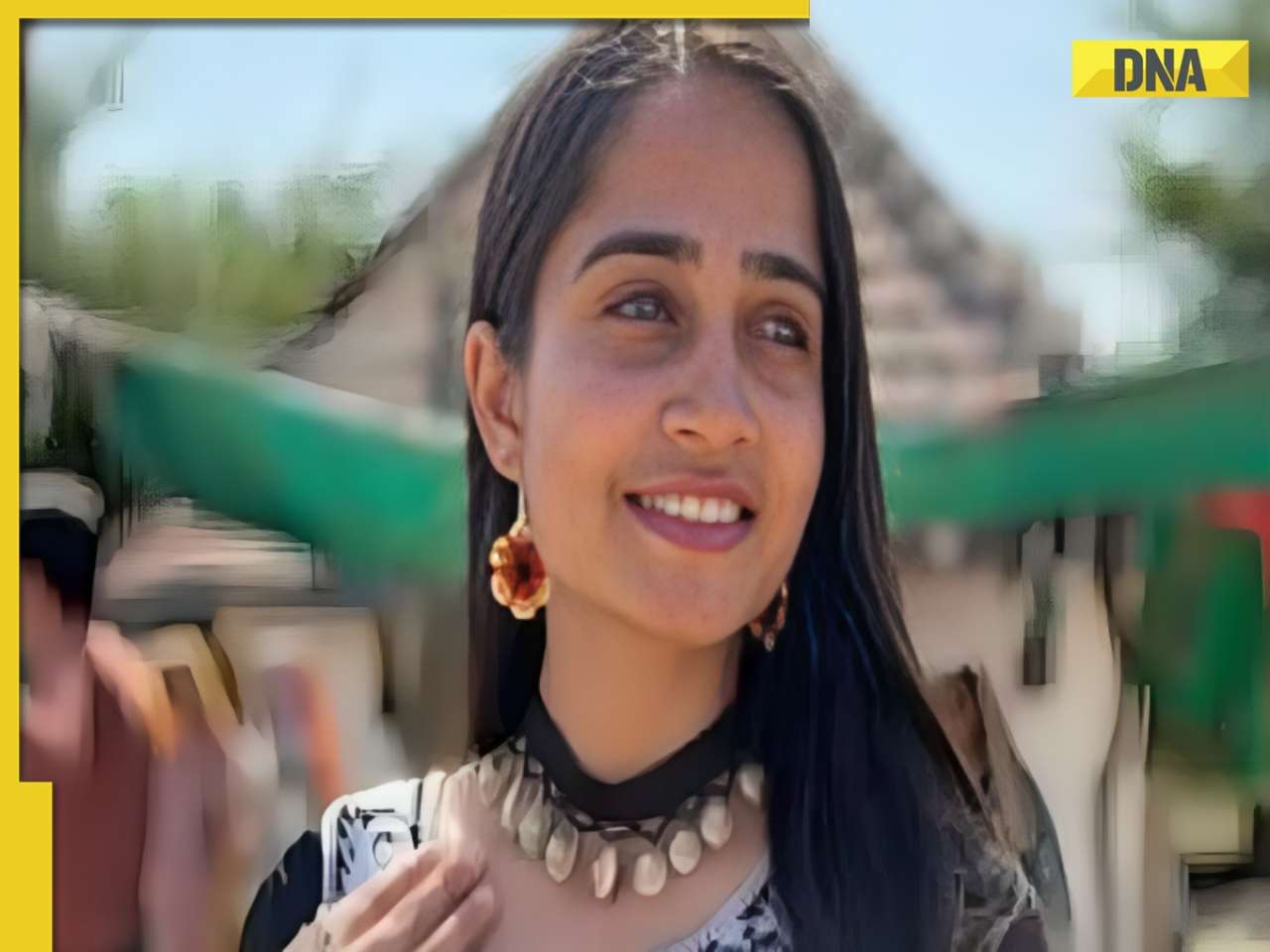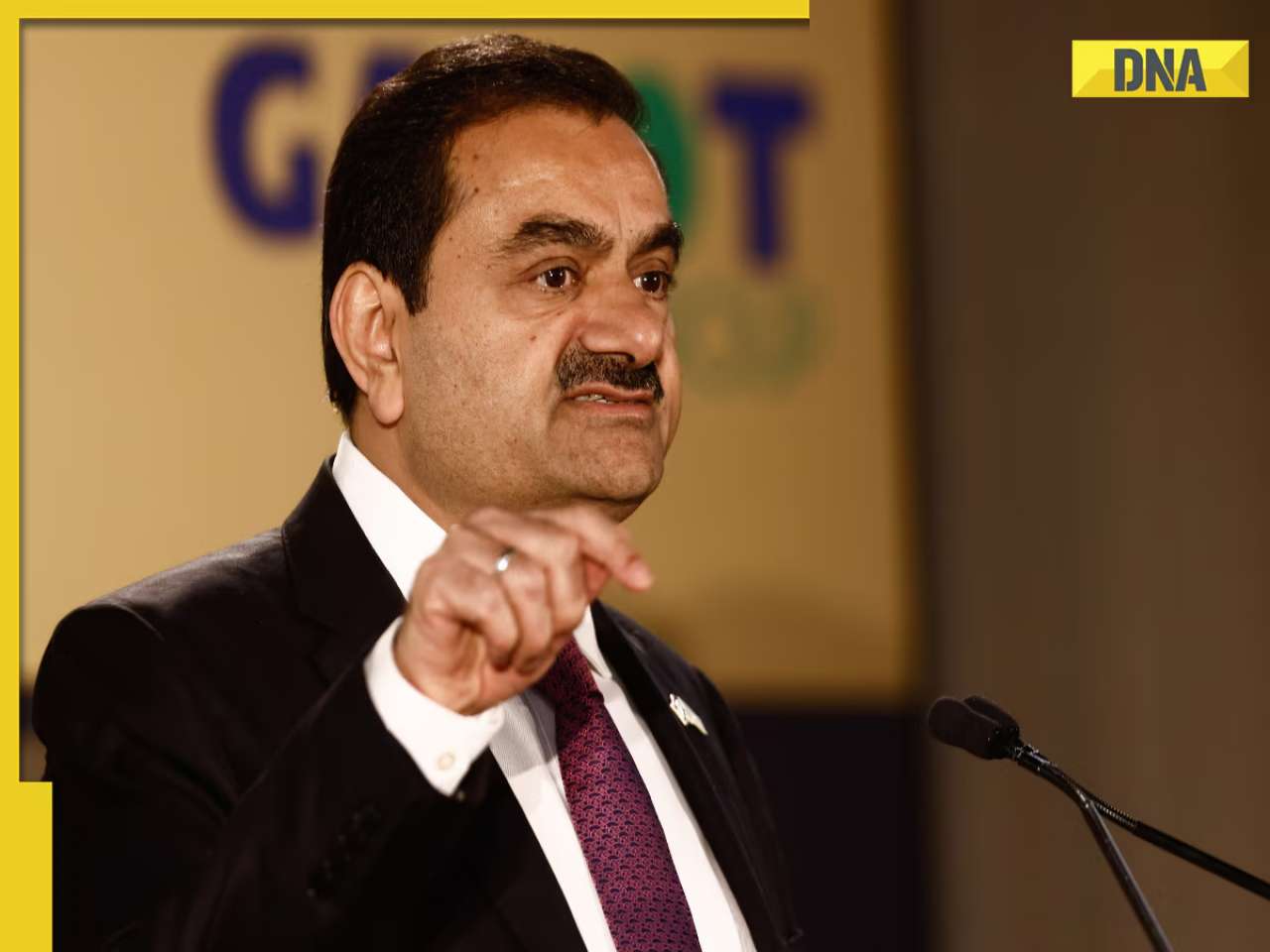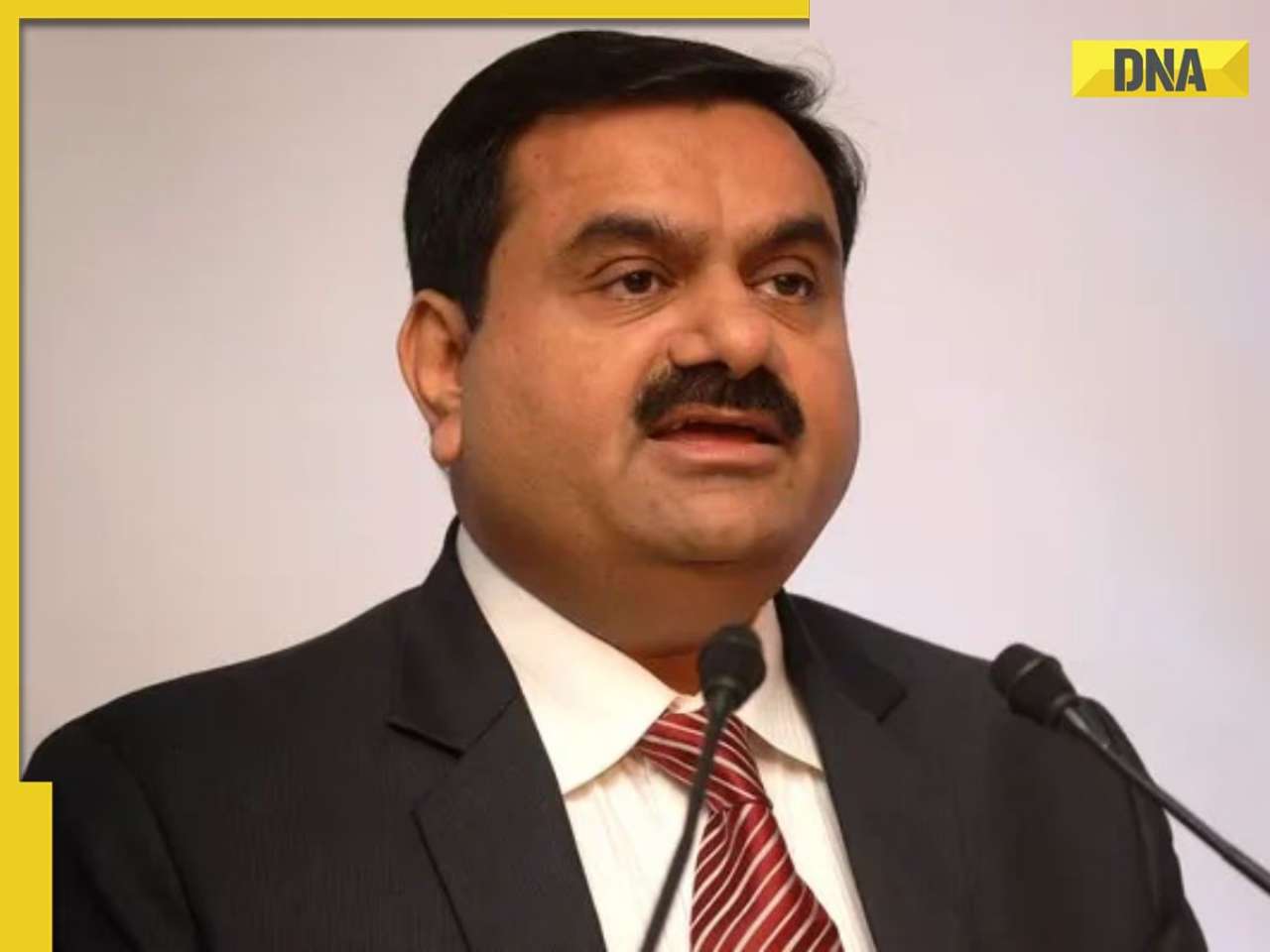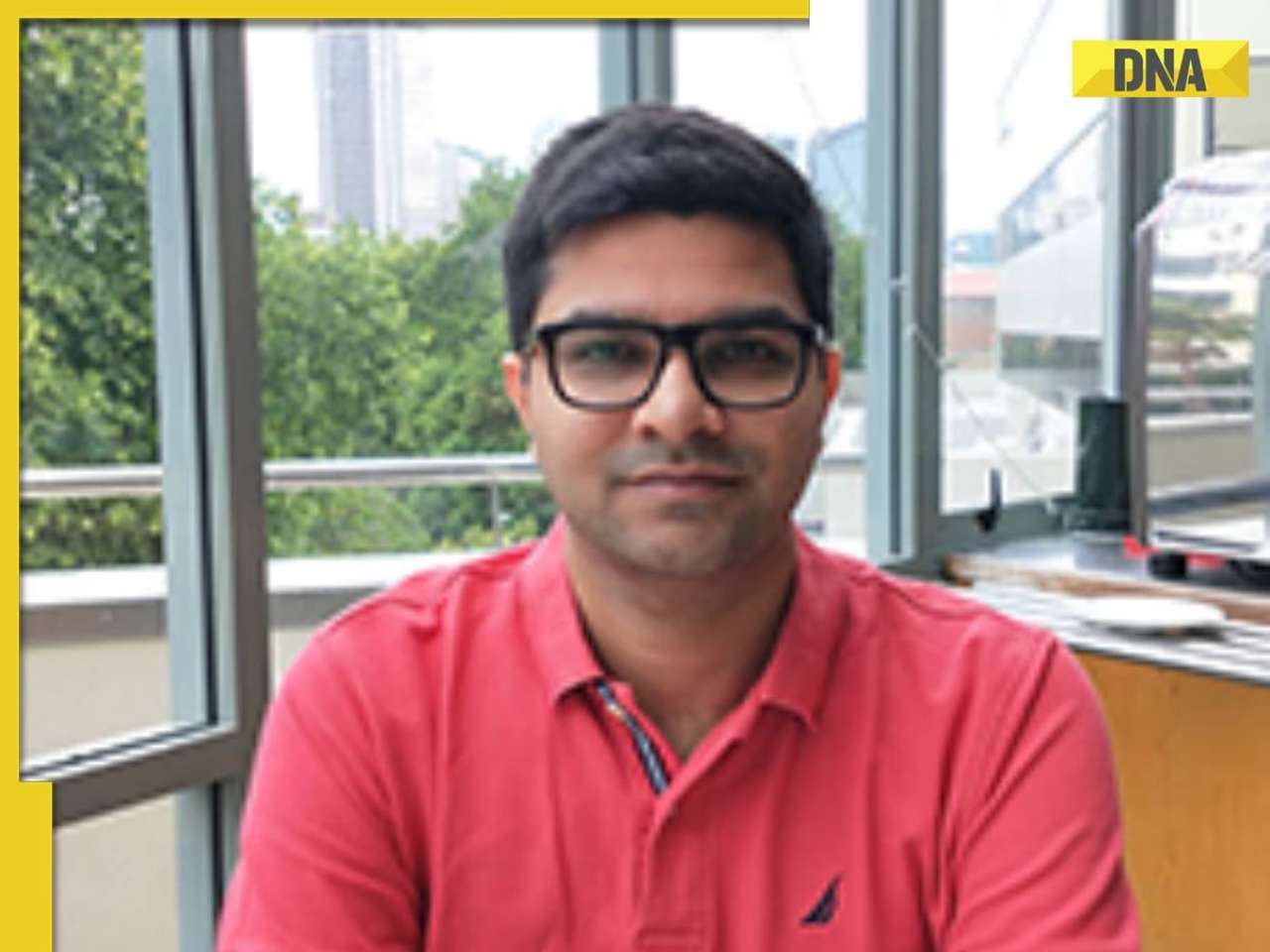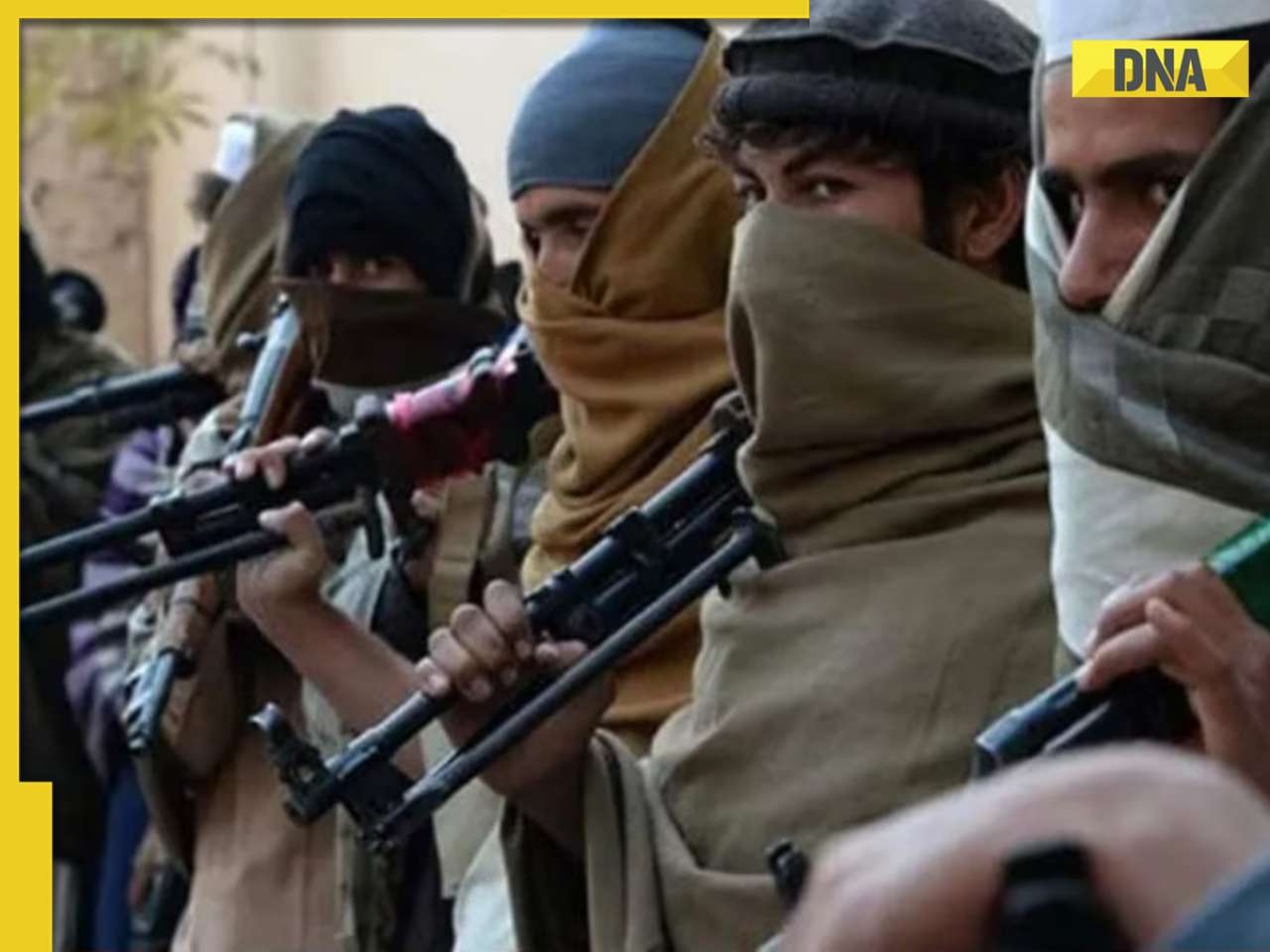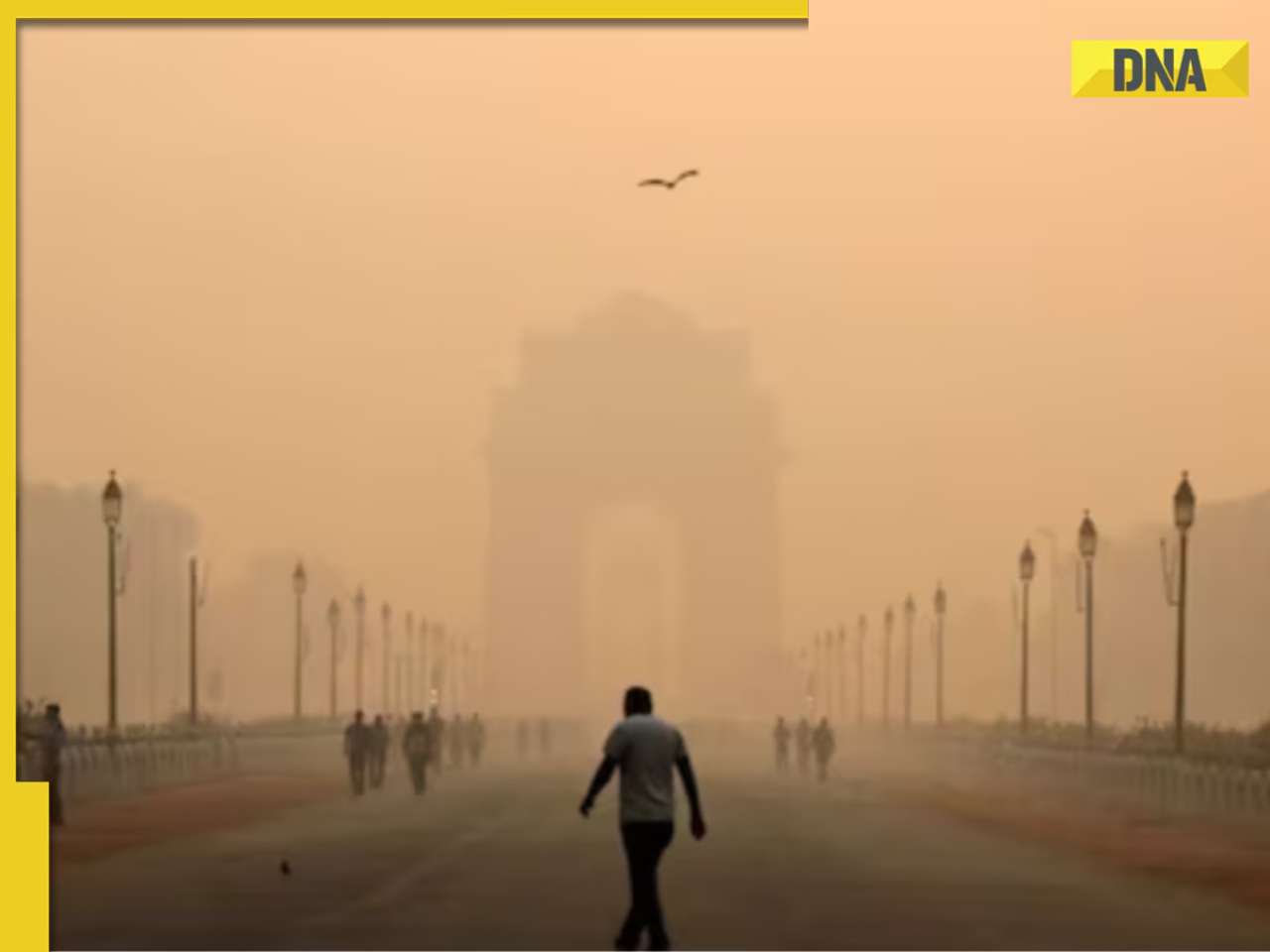- LATEST
- WEBSTORY
- TRENDING
ANALYSIS
Honouring the dead
Depending on the culture, disposal of the dead has a host of religio-legal implications
TRENDING NOW
Then in my late teens, the intrigue over the Balak Bramhachari impasse had consumed me. This unorthodox Godman enjoying “Left” support had sprung up in gangrenous Bengal when all hopes of a re-renaissance were lost and the “Gujarat Model” was decades away. His life was as controversial as his death, and the faithful resorted to the same “Samadhi” argument to obstruct the municipal-police effort at cremation. There were rumours that a body double was being prepped; that, in fact, there was a succession war --ultimately a maggot infested body was rescued and consigned to the flames along with the faith itself -- today not much trace remains of this once dominating sect.
As a foil to the decaying Bengal, emerging Punjab -- equally -- has drawn the faithful to deras, babas and sadhus. As the bodies (literally!) tumble out of the closet, the latest in this bizarre narrative is “Ashutosh Baba” -- whose Bihar-born son has petitioned the court for access to the frozen baba’s remains, and the court had directed a time-bound cremation.
The lawyer in me could not help but ask the existential question -- Who has legal rights over my body when I am no more?
Our legal system is based on England’s Common Law. Since the Norman days, it is the church and, by evolution, the Ecclesiastical Courts which appropriated the rights over the “dead body”. This was primarily on account of three reasons, (a) to prevent sacrilege, (b) as burial grounds were church-controlled and (c) the church exercised probate jurisdiction (deciding over the estate of the deceased).
How law deals with a dead body is tied to property-evolution of the legal system and mirrors development of right to property. Early English courts, based on their understanding of the concept of property, went on to hold that, as the “corpse” was not “property”, no “rights” accrued in a corpse. The jurist Blackstone believed that no one had rights over “bodies” or “ashes”. As late as 1804 (when it was declared illegal), a dead body in England could be subjected to the indignity of being arrested over non-payment of debts.
Across the pond, while early American “secular” courts, could not digest the English law’s theological approach, even they were too grounded in traditional property rights jurisprudence to recognize any coherent “right”. In re Widening of Beckman Street, one of the earliest American cases, the court held that relatives had a right to bury a corpse. The courts, in cases between kin and interlopers of the bodies, tried to locate this “right” in concepts such as “public welfare” and “decency”. A Pennsylvania court held that the kin’s right to the dead-body had the legally recognised attributes of ownership such as custody and control. However, this right was only for the purpose of disposing of the body.
Indian law’s brush with “death” would begin with The Registration of Births and Deaths Act, (1969) which defines “death” as “permanent disappearance of all evidence of life”. The Transplantation of Human Organs Act, (1994) has defined “brain-stem death” as “the stage at which all functions of the brain stem have permanently and irreversibly ceased”. Under this law a “near relative” (spouse, son, daughter, father, mother, brother or sister) can donate the organs of the deceased. For an unclaimed body lying for 48 hours, the hospital or the authority would have the right to give the organs for transplantation.
Section 404 of the Indian Penal Code, 1860 (IPC) recognizes dishonest misappropriation of the dead man’s property as an offence; as Section 499 IPC stipulates that a dead man can be defamed. Section 503 IPC, defines criminal intimidation to include threatening a person with injuring the reputation of a dead person dear to him.
In Aruna Shanbaug’s case (2011) the court, while considering whether our constitutional system permitted euthanasia, opined that a person’s most important organ was her brain and this organ could not be replaced. It concluded that “one is one’s brain” and that one is dead when the brain is dead and not before. It then proceeded to examine what is “brain death” to discard the old notions of “cardio-pulmonary” death where the brain did not figure, to adopt international standards such as the US Universal Determination of Death Act which defines “brain-death” as "the irreversible cessation of all functions of the entire brain, including the brain stem". It concluded that “brain death” must mean “whole-brain death” where the higher parts of the brain that regulate consciousness have ceased to function for a significant amount of time.
The court in Parmanand Katara case, (1995), extended the right to dignity and fair treatment under Article 21 of the Constitution even to a man’s body after his death, requiring the hanged convict’s body not to be kept suspended. The Madras high court in Sethu Raja case (2007) holding the right to a decent burial or cremation as a part of a right to dignity fell back on “our tradition and culture” which accorded same, if not more, dignity to a dead as to a live person. The same court had earlier in Mohamed Gani case (2005) upheld the right to take out a funeral procession.
In Ashray Adhikar Abhiyan case (2002), entertaining as a petition, the NGO’s letter advocating the homeless person’s right to a decent burial, the court got the municipal authorities and the police to act. Though no lofty judgement was pronounced, this was an implicit recognition of the rights of the dead.
While English law has steered clear of the “property” debate, the Patna high court in Khushboo’s case (2007), in the context of an accident claim where a vehicle was carrying a corpse, has held that a body could be defined as “goods”. The Madhya Pradesh high court in Prabhat Balotiya case (2009), while dealing with a fight between Hindu parents and his Christian wife over a convert’s body, grappled with absence of law and how on the one hand while ‘birth was an accident and marriage was a choice’ was as compelling an argument as ‘you can divorce your wife but not your parents’.
While Indian folktales are enriched by stories about relatives chasing Lord Yama to get back loved ones, and our sacred (and soon to be) national scripture likens the dead body to discarded clothes, it is in respect of the law of the dead that the rights-based western jurisprudence and the dharma or duty-based Indian jurist-philosophy converge – the living have no rights over the dead but only a duty -- to give them a dignified send-off.
The writer is an advocate practising in the Supreme Court and the Delhi high court

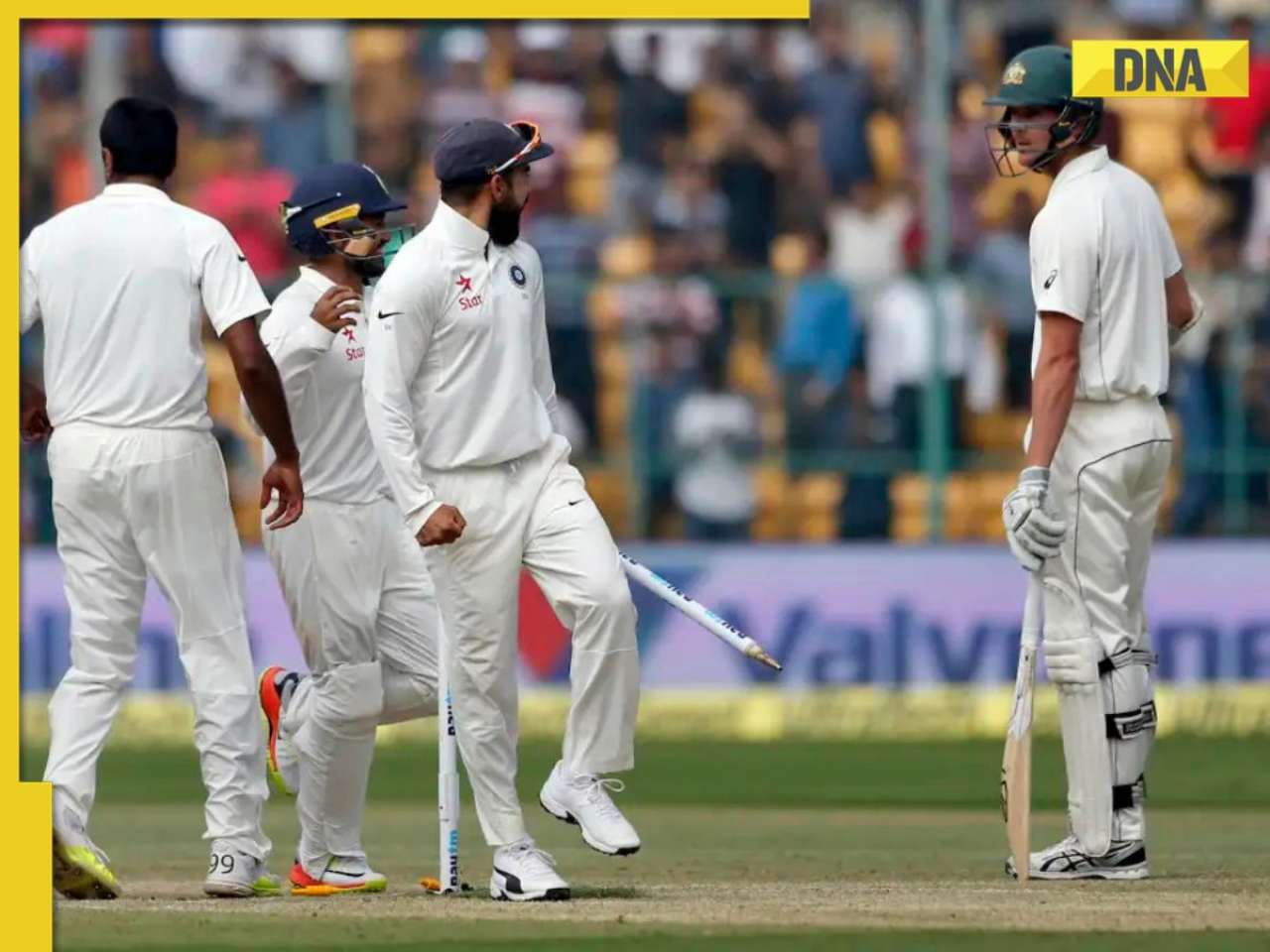
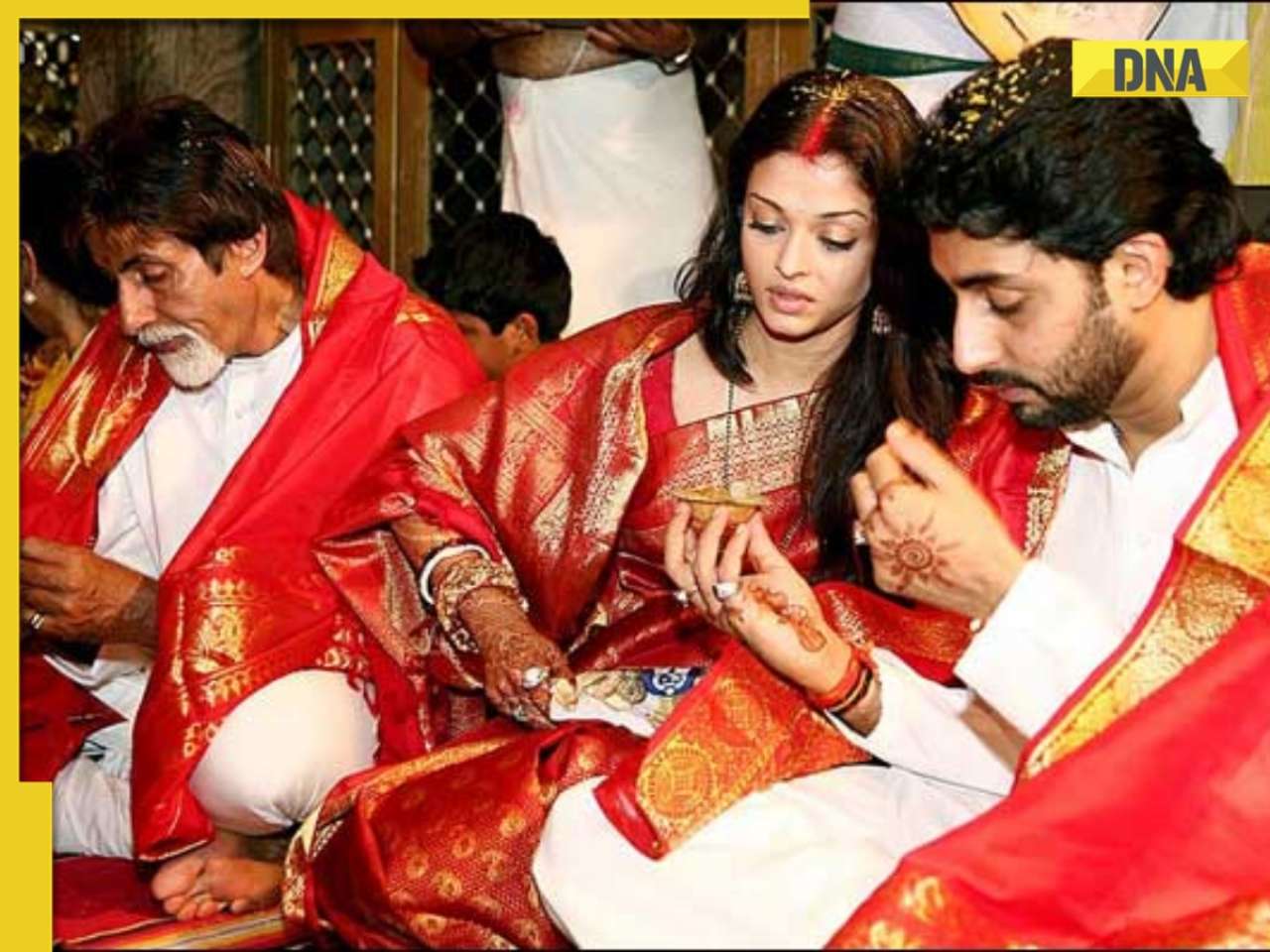




)
)
)
)
)
)
)
)
)
)
)
)
)
)
)
)





